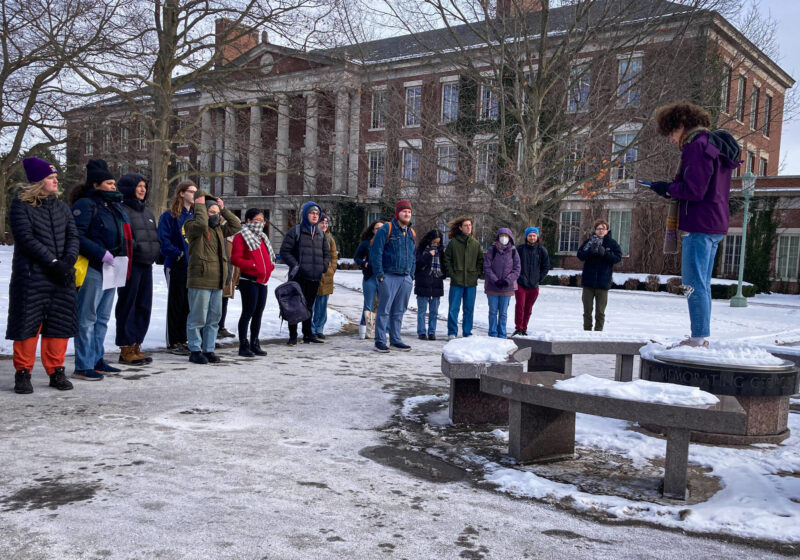There’s an interesting debate going on in the medical community, that should have occurred long ago. The American Medical Association is considering allowing studies to determine if financial incentives will motivate more organ donation.
In 1984, the U.S. Congress passed the National Organ Transplant Act that made it illegal for anyone, including the government, to give incentives for organs. The problem is the Congress didn’t put a viable program in its place.
The statistics are staggering. Over 79,000 Americans are withering away needing an organ donation. And, over 15,000 people die yearly awaiting these transplants.
This doesn’t have to happen. Only one-third of potentially valuable organs are donated. That means that two-thirds of people take perfectly good organs with them into the grave.
This is a waste. Let me make this clear. I do not advocate, and don’t believe it would lead to productive public policy, to allow people to sell their organs. It would lead to the unfair advantages for the wealthy.
Government assistance is different. It would lead to correcting current inequalities in the market. Presently, the only benefit for people to donate organs is altruistic. This obviously isn’t working.
“We have a nationwide crisis, and altruism doesn’t seem to be hacking it right now,” said Dr. Frank Riddick Jr., Chairman of the subcommittee investigating the issue.
The solution could be simple. The federal government should provide financial assistance to state governments to create programs that suit their needs.
Pennsylvania already has an idea. Their legislature passed a law in 1999 that would have had a state pay $300 toward the funeral of every organ donor. The plan was stalled because of the current federal ban.
“We see little moral value in burying perfectly good organs,” said Dr. Stephen Schwartz who represented the 36 Pennsylvania delegates last Sunday.
I agree with Schwartz. There is no moral value in allowing perfectly healthy organs to go to waste. The ADA should recommend the study and the U.S. Congress should make the necessary changes in law to allow it to happen.
But, until government action occurs, you can still help. Decide to become an organ and tissue donor. That decision could save or enhance the lives of more than 50 people.
So, the next time you’re getting your next driver’s license or surfing the Web, decide to give life and donate your organs.
It is a decision worth making.
Hildebrandt can be reached at thildebrandt@campustimes.org.



